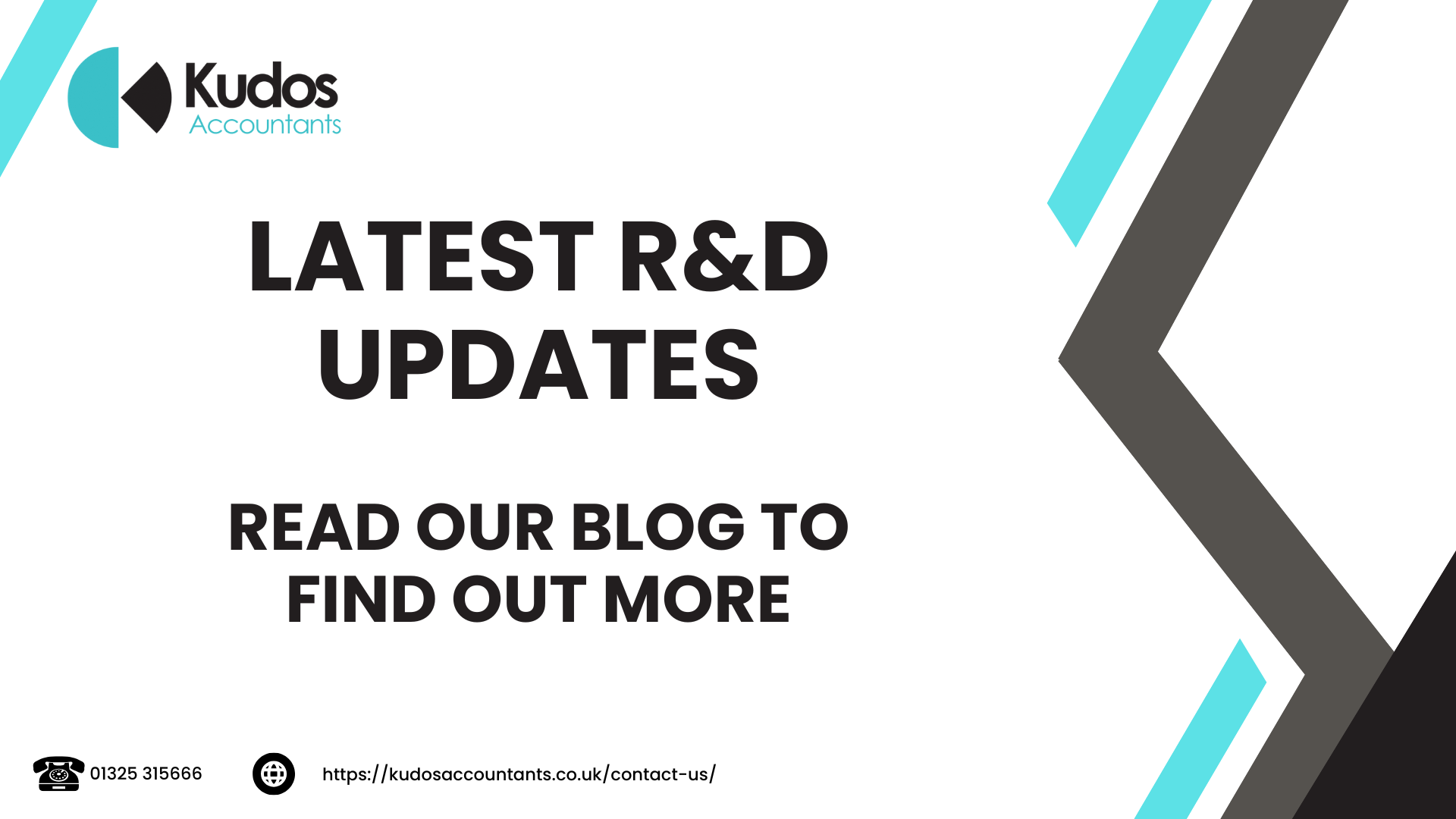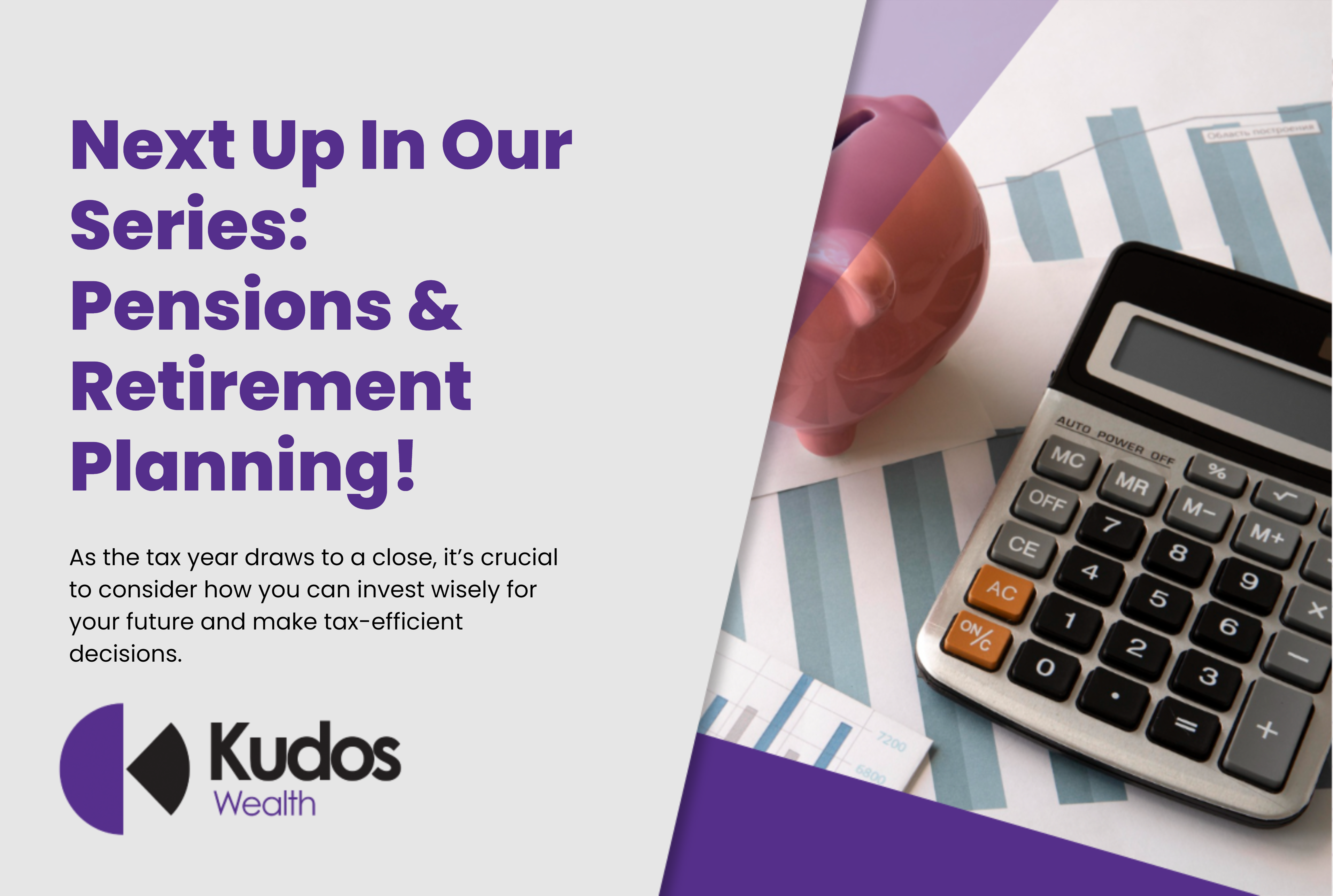

As we navigate through our working lives, the dream of a happy and comfortable retirement is a universal goal. However, achieving this dream requires careful planning and strategic financial management. One of the most effective ways to secure a financially stable retirement is through investing in a pension. Pensions not only offer a structured way to save for retirement but also come with significant tax advantages that can enhance your savings over time.
One of the most compelling reasons to invest in a pension is the income tax relief you receive on contributions. This tax year, individuals can contribute up to £60,000 or 100% of their earnings, whichever is lower, and receive tax relief. This means for every £80 you contribute to your pension, the basic-rate income tax relief adds another £20, effectively costing you only £60 for a £100 contribution if you are a higher-rate taxpayer. This government incentive is designed to encourage savings for retirement, making pensions a cornerstone of a balanced investment portfolio.
With the end of the tax year on April 5th approaching, now is an opportune time to consider topping up your pension. The benefits of compounding interest mean that the earlier you start contributing, the more significant the potential growth of your pension fund. For example, starting your savings at age 20 could result in an estimated pension fund of £349,000 by retirement, compared to £123,000 if you start at age 40. These figures highlight the profound impact of starting early and taking advantage of the compounding returns over time.
The recent freeze of the income tax personal allowance and tax bands, alongside the reduction of the additional-rate income tax threshold, underscores the importance of maximising your pension contributions. By doing so, you can mitigate the impact of these tax changes and potentially lower your tax liability. Additionally, the ability to ‘carry forward’ unused annual allowances from the previous three tax years further enhances the flexibility and appeal of pension investments.
Planning for retirement also involves understanding the level of income you will need to maintain your desired lifestyle. With annual income requirements ranging from £12,800 for a minimum lifestyle to £37,300 for a comfortable retirement, it’s clear that adequate pension savings are crucial. These figures, which cover everything from basic living costs to luxuries such as holidays and car replacements, illustrate the varying degrees of retirement experiences and the importance of planning accordingly.
Investing in a pension is not just a wise financial decision; it’s a crucial step towards securing a happy and comfortable retirement. The tax benefits, combined with the potential for long-term growth through compounding, make pensions an attractive option for anyone looking to maximise their retirement savings. Regardless of your age, it’s never too late to start investing in your retirement. With the tax year deadline looming, now is the time to take action and ensure your retirement dreams become a reality.
Remember, the value of your pension can fluctuate, and you may get back less than you invest. Tax reliefs are subject to change and depend on individual circumstances. For personalised advice, consider consulting with a financial advisor to make the most of your retirement planning strategy.
You can read more information on this topic from St James’ Place





Residential Mortgage

Commercial Mortgage

Pensions & Investments

Protection & Insurances

Health Questionairre

Asset Finance

Business Finance

Invoice Finance

Residential Mortgage

Commercial Mortgage

Personal Details Form

Business Details Form

Tax Return Information

Residential Mortgage

Commercial Mortgage

Pensions & Investments

Protection & Insurances

Health Questionairre

Asset Finance

Business Finance

Full Business Finance Review

Invoice Finance